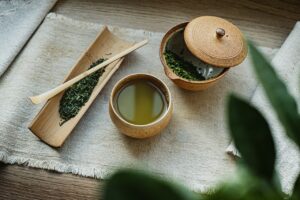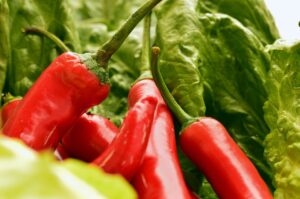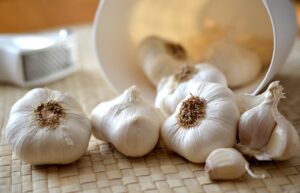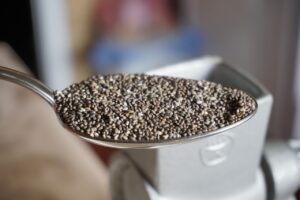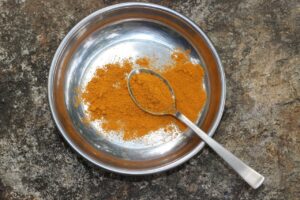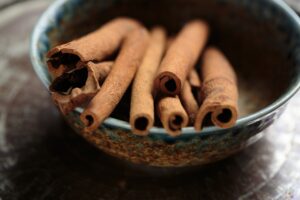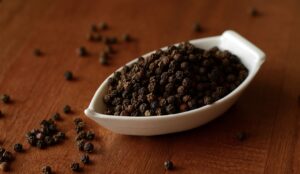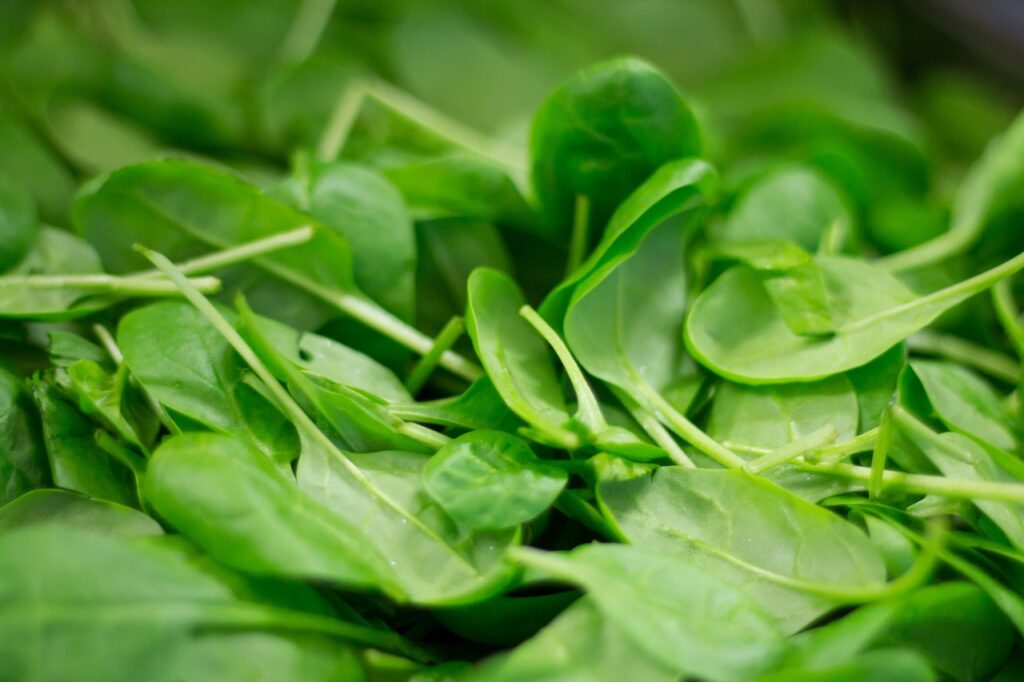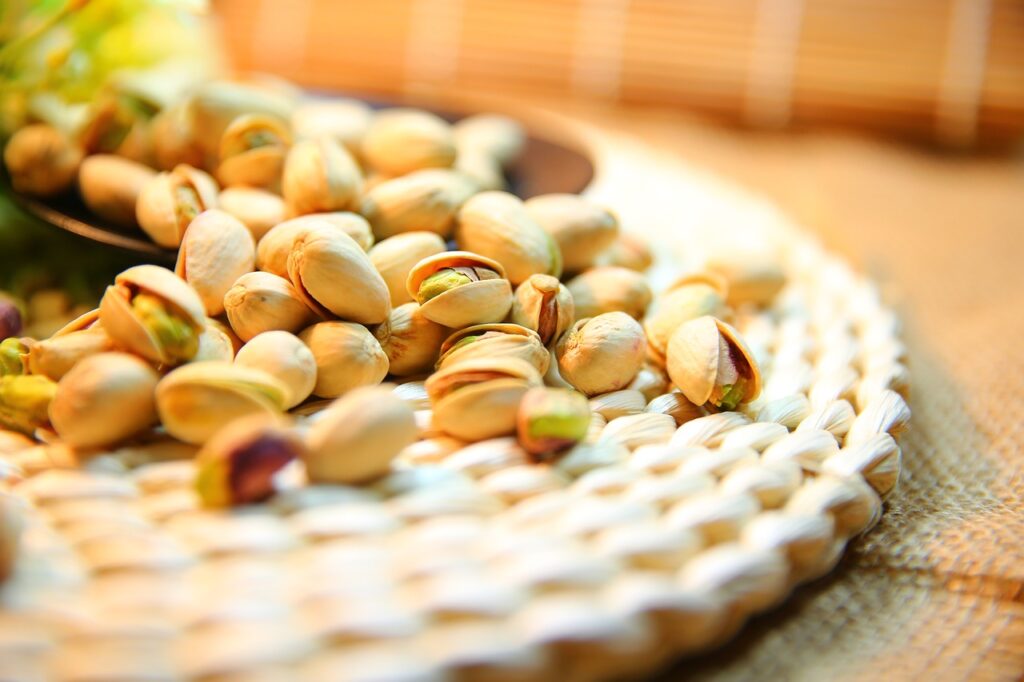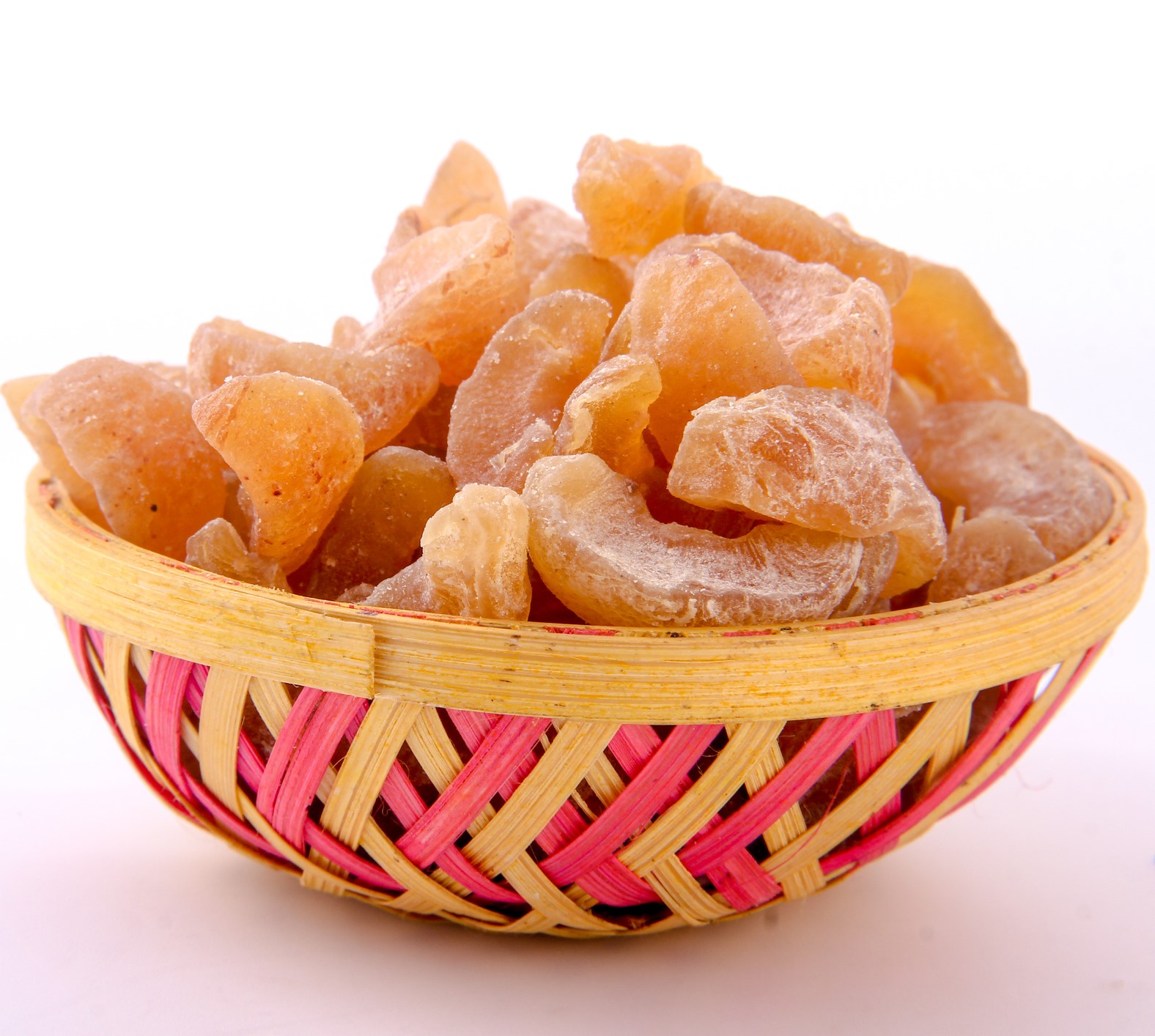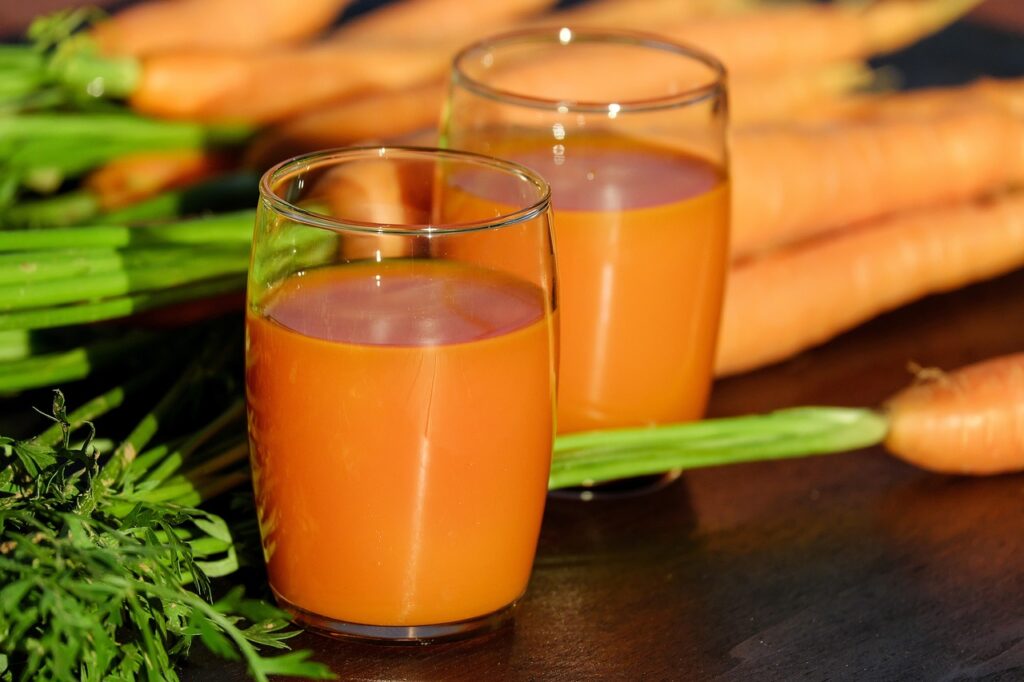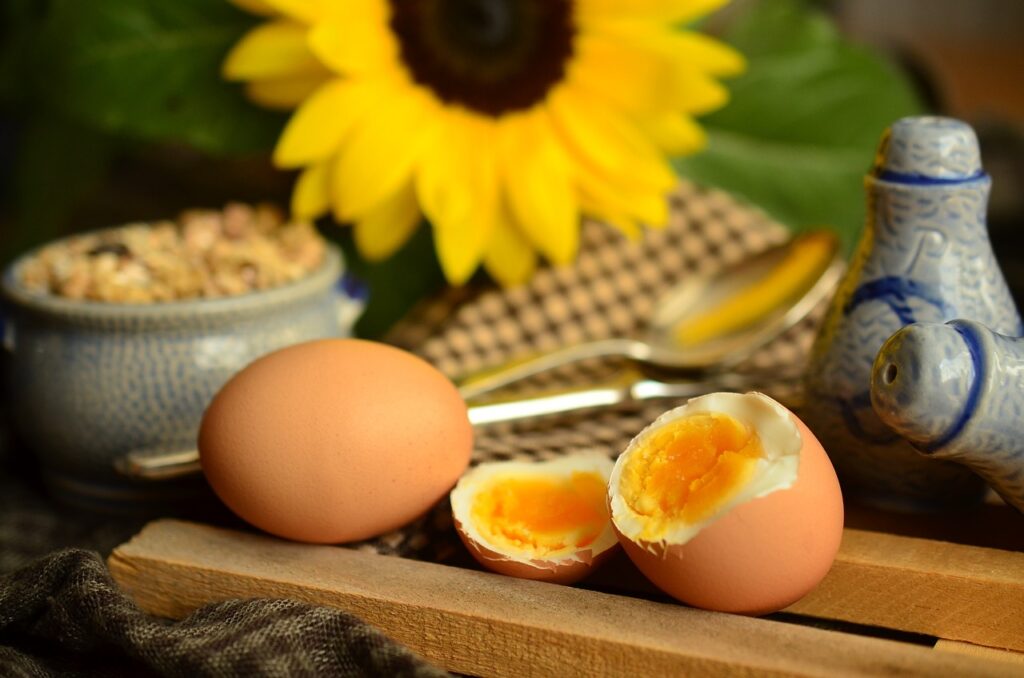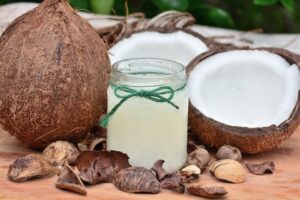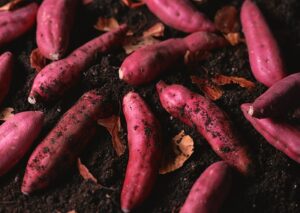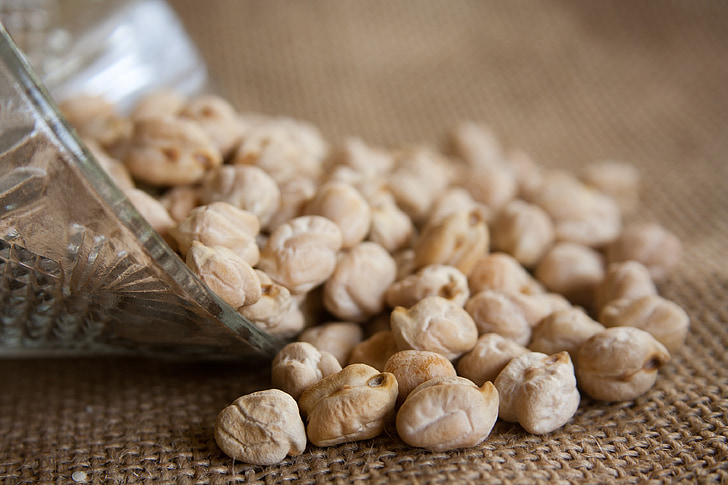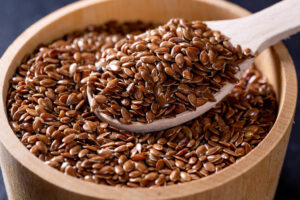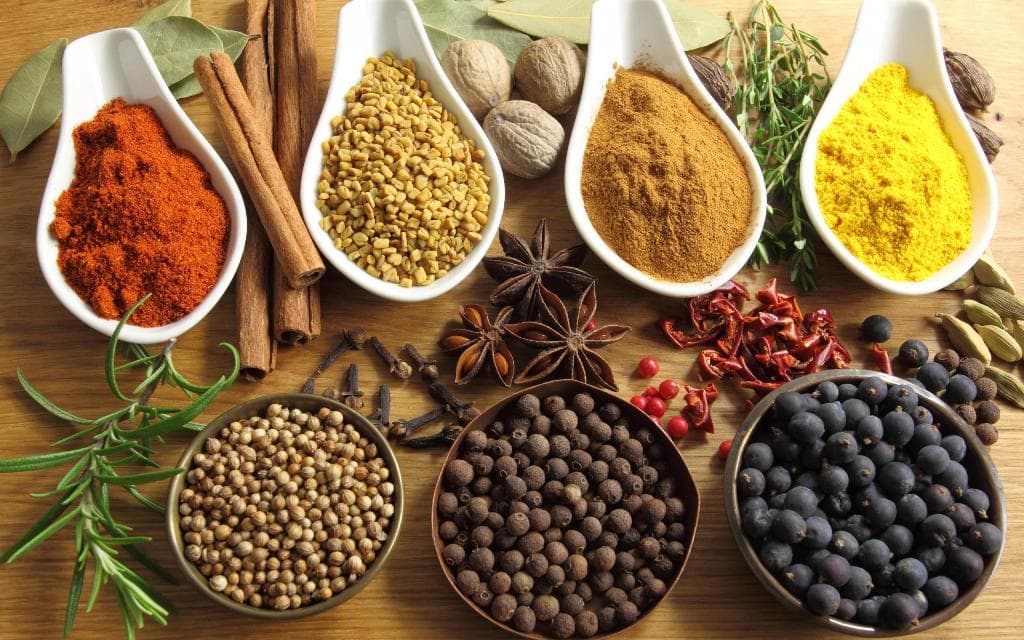Gut Health |Is Gluten free the way to go ?
The Gluten Maze: Should You Ditch It If You Don't Have Celiac?
 Gluten, the protein combo found in wheat, barley, and rye, has become a gut health demon in recent years. But for those without celiac disease, the question remains: ditch the gluten, or embrace the bread basket?
Gluten, the protein combo found in wheat, barley, and rye, has become a gut health demon in recent years. But for those without celiac disease, the question remains: ditch the gluten, or embrace the bread basket?
Gluten’s gone from a breakfast staple to a dietary demon. Well, don’t throw that croissant just yet, because we’re about to unravel the gluten maze! This post is your compass, guiding you through the science, myths, and realities of gluten for non-Celiacs. So, whether you’re a gut-health warrior or just curious about the hype, grab your detective hat and get ready to explore this wheat-y wilderness!
Let’s navigate this gluten maze and explore the evidence-based facts beyond the fad.
Celiac vs. Gluten Sensitivity: Know Your Foe for Optimal Gut Health
In the battle for gut health, gluten often emerges as the villain. But is it the same enemy for everyone? Not quite! Understanding the nuances between celiac disease and gluten sensitivity is crucial for navigating a healthy diet and optimal gut well-being.

Celiac Disease: The Gluten Grinch Who Steals Your Gut Lining
Imagine gluten as a mischievous gremlin that sneaks into your small intestine, disguised as a harmless wheat crumb. For people with celiac disease, this gremlin unleashes havoc. Gluten triggers an autoimmune response, damaging the gut lining and hindering nutrient absorption. This can lead to a cascade of symptoms like bloating, diarrhea, fatigue, and even anemia.
Gluten Sensitivity: The Gut Gremlin’s Less Destructive Cousin
For individuals with gluten sensitivity, the gremlin’s antics are less dramatic. Gluten may trigger discomforts like bloating, gas, or headaches, but it doesn’t cause the same level of intestinal damage as in celiac disease. The key to gut health harmony lies in identifying your enemy.
The No-Gluten Trend: Hype or Hope for Your Gut Health?
The gluten-free market is booming, fueled by celebrity endorsements and claims of improved health. But is it all just hype?

The Hype
Celebrity endorsements:
From athletes to actors, celebrities tout the benefits of going gluten-free, often without scientific backing.
Marketing
Gluten-free products are heavily marketed, often with exaggerated claims about weight loss and improved health.Misinformation
Confusing gluten sensitivity with celiac disease leads to unnecessary gluten avoidance, creating a sense of hope for improved gut health that may not always be realized.
The Hope
Celiac disease management
For individuals with celiac disease, strict gluten avoidance is essential. A gluten-free diet can significantly improve their gut health and overall well-being.
Gluten sensitivity relief
While not as severe as celiac, some individuals experience improved gut health symptoms like bloating and discomfort after eliminating gluten.
Focus on whole foods
The gluten-free trend can encourage people to focus on whole, unprocessed foods, which are generally beneficial for gut health.
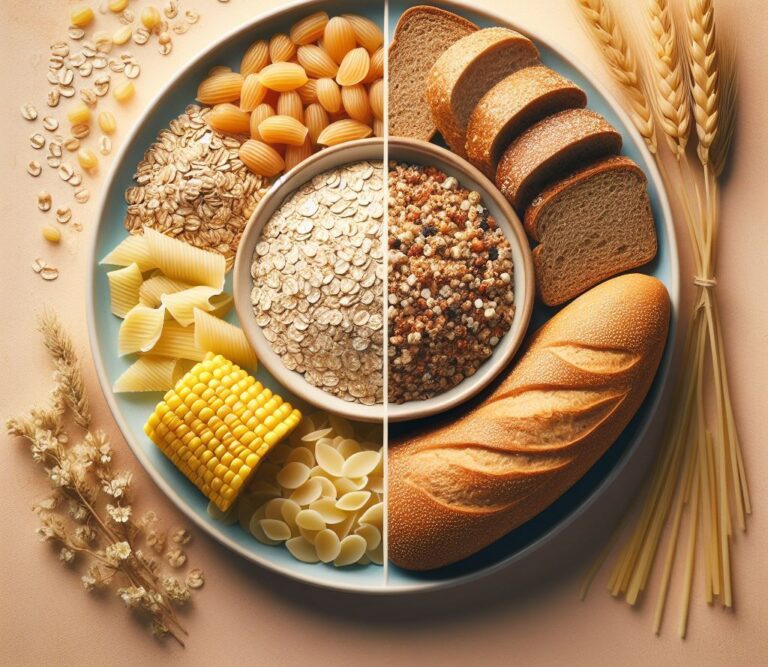
The Verdict
The no-gluten trend is neither pure hype nor a guaranteed path to gut health. It’s important to approach it with critical thinking and a personalized approach
Gluten-Free: Not Always a Nutritional Saint for Your Gut Health
The halo of “gluten-free” shines brightly in the health food aisle, promising improved gut health and a slew of other benefits. But before you ditch the breadbasket entirely, let’s peel back the label and reveal the truth: gluten-free isn’t always a nutritional saint for your gut.
Nutrient nasties:
Many processed gluten-free products can be lower in essential nutrients like iron, B vitamins, and fiber compared to their gluten-containing counterparts.
Sugar sneaks:
Be wary of hidden sugars and unhealthy fats often found in packaged gluten-free treats. They might satisfy your cravings, but not your gut’s best interests.
So, Should You Ditch Gluten?
If you have celiac, it’s a non-negotiable. For others, it’s a personal choice. Consider these factors:
- Do you experience any negative symptoms after eating gluten?
- Are you looking to improve your overall health through other dietary changes?
- Can you maintain a balanced, nutritious gluten-free diet?
Remember: Gluten is just one piece of the dietary puzzle. Focus on a whole-food approach rich in fruits, vegetables, and whole grains (gluten-containing or not) for optimal gut health.
The Takeaway: Listen to Your Body, Not the Buzz
Instead of blindly following trends, tune into your body’s signals. If gluten doesn’t cause you trouble, enjoy it in moderation. Focus on building a healthy, balanced diet that nourishes your body and mind.
Know your foe
If you don’t have celiac disease or confirmed gluten sensitivity, consider focusing on overall gut health through a balanced diet rich in fruits, vegetables, whole grains (gluten-containing or not!), and healthy fats.
Read the label like a detective
Scrutinize ingredient lists for hidden sugars, unhealthy fats, and low nutrient content. Choose whole, unprocessed options whenever possible.
Embrace diversity
Don’t demonize gluten entirely. Enjoy it in moderation as part of a balanced diet, and explore naturally gluten-free options like quinoa, oats, and millet to keep your gut flora happy.
Remember, true gut health is about overall dietary balance, mindful choices, and listening to your body’s signals. So, ditch the gluten-free hype and embrace a personalized approach to nourish your gut and thrive!
Bonus Tip: Don’t forget the power of prebiotics and probiotics! These gut-friendly buddies can help keep your microbiome diverse and happy, regardless of your gluten intake.
By making informed choices and prioritizing whole foods, you can create a diet that truly nourishes your gut and leads you on the path to optimal health and well-being. Remember, the key to gut health is a personalized approach, not a one-size-fits-all solution. Embrace the delicious diversity of food, listen to your body, and find what works best for you!
Now go forth and conquer the gluten maze with informed choices and a healthy appetite!
I hope this blog provides a helpful and informative perspective on the gluten debate. Please feel free to share your thoughts and experiences in the comments below!

